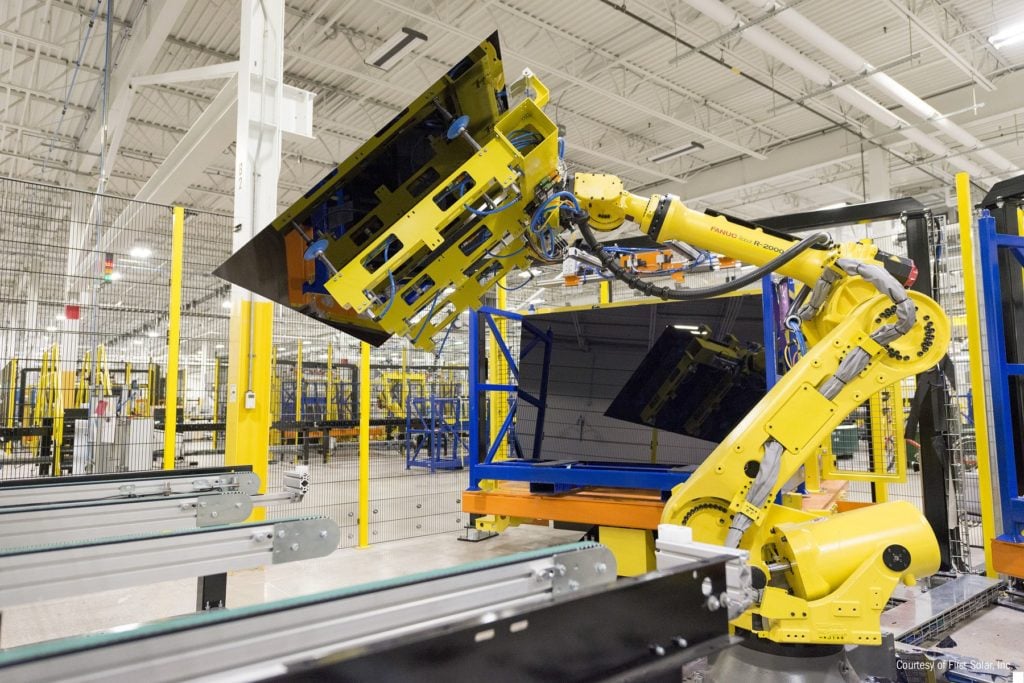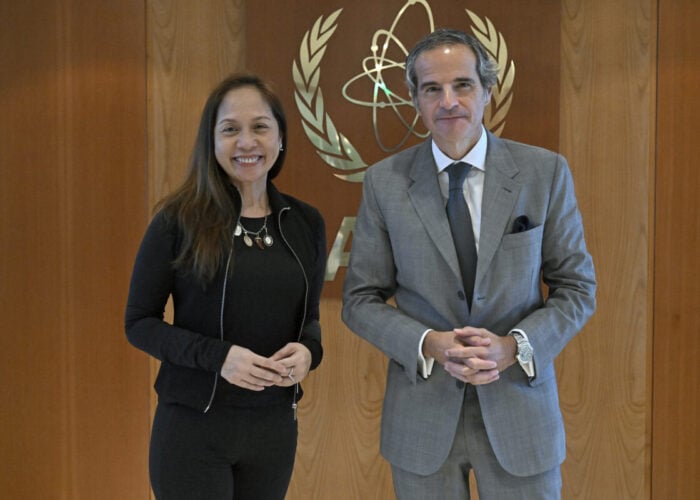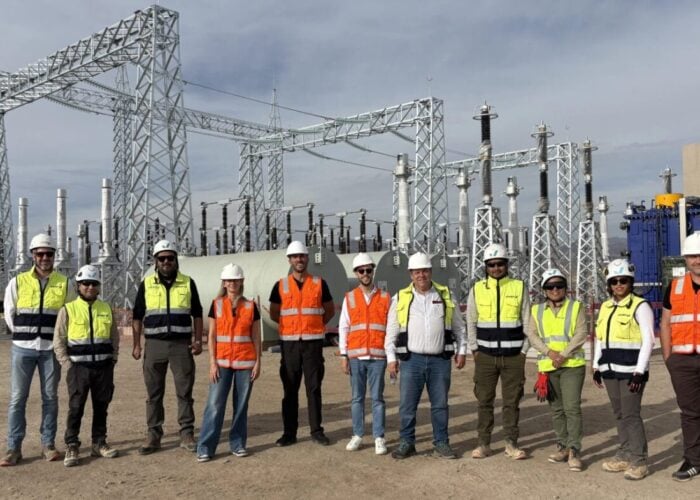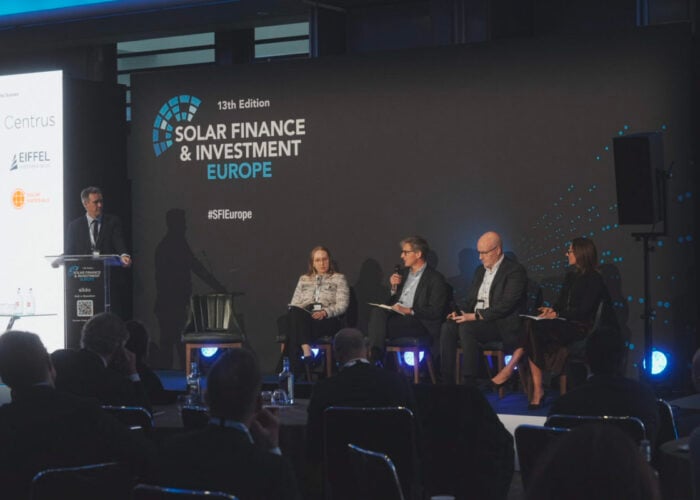
US President Joe Biden has heaped importance on clean energy research and development, arguing it to be pivotal to boosting the country’s economic recovery within a multi-trillion-dollar infrastructure stimulus package.
Yesterday the US President unveiled his ‘American Jobs Plan’, a US$2 trillion investment package that promises to be the largest investment in US infrastructure and jobs since World War Two. While it poses a number of direct fiscal benefits and incentives to solar and storage, most notably 10-year extensions to investment tax credit schemes in the country, speaking after its unveiling yesterday, Biden lauded its potential to stimulate R&D in the country.
Try Premium for just $1
- Full premium access for the first month at only $1
- Converts to an annual rate after 30 days unless cancelled
- Cancel anytime during the trial period
Premium Benefits
- Expert industry analysis and interviews
- Digital access to PV Tech Power journal
- Exclusive event discounts
Or get the full Premium subscription right away
Or continue reading this article for free
Speaking in Pittsburgh, Pennsylvania, the US President said the plan would lead to “transformational progress in our effort to tackle climate change”, with tangible benefits for both “American jobs and American ingenuity”.
Biden juxtaposed the fact that the US government had historically spent around 2% of its gross domestic product on R&D with the fact that, today, this had fallen to less than 1%. In ramping that back up towards historic levels, Biden lauded the potential benefits for the economy and certain strategic sectors.
“It’s going to boost America’s innovative edge in markets where global leadership is up for grabs — markets like battery technology, biotechnology, computer chips, clean energy, the competition with China in particular,” he said.
His remarks regarding competition with China came on the same day that the US Trade Representative (USTR) published its annual National Trade Estimate Report on Foreign Trade Barriers, which provides a detailed overview of the US’ trade relations with international markets. It’s chapter on relations with China made specific reference to “severe and persistent excess capacity situations” in industries including solar panels as well as additional measures which it said had “distorted” several markets.
They also come less than a week after the US Department of Energy (DOE) unveiled plans to reduce the cost of generating solar power by 60% this decade, which it intends to achieve by ploughing millions of dollars in new funding into areas such as materials, and in particular perovskites, crucial to the development of next generation thin film solar panels like that developed by US-based solar manufacturer First Solar.
Energy storage has also been an early recipient of support under Jennifer Granholm’s DOE, the department having thrown its weight behind a US$75 million national R&D facility for energy storage, specifically aimed at bringing forward long-duration energy storage technologies, which is intended to be up and running by 2025.
Biden did also double-down on the central tenet of his plan being to create US jobs, insisting that in making considerable investments in renewables, storage and grid infrastructure, the country would “buy American”.
In spite of this, opposition to the investment package is considerable and while Biden struck a conciliatory tone in his speech yesterday, urging for a bipartisan approach to investing heavily in US infrastructure, Republican support of the package as it stands will likely be difficult to secure, raising the prospect that only selected parts or elements of it will pass Congress.






